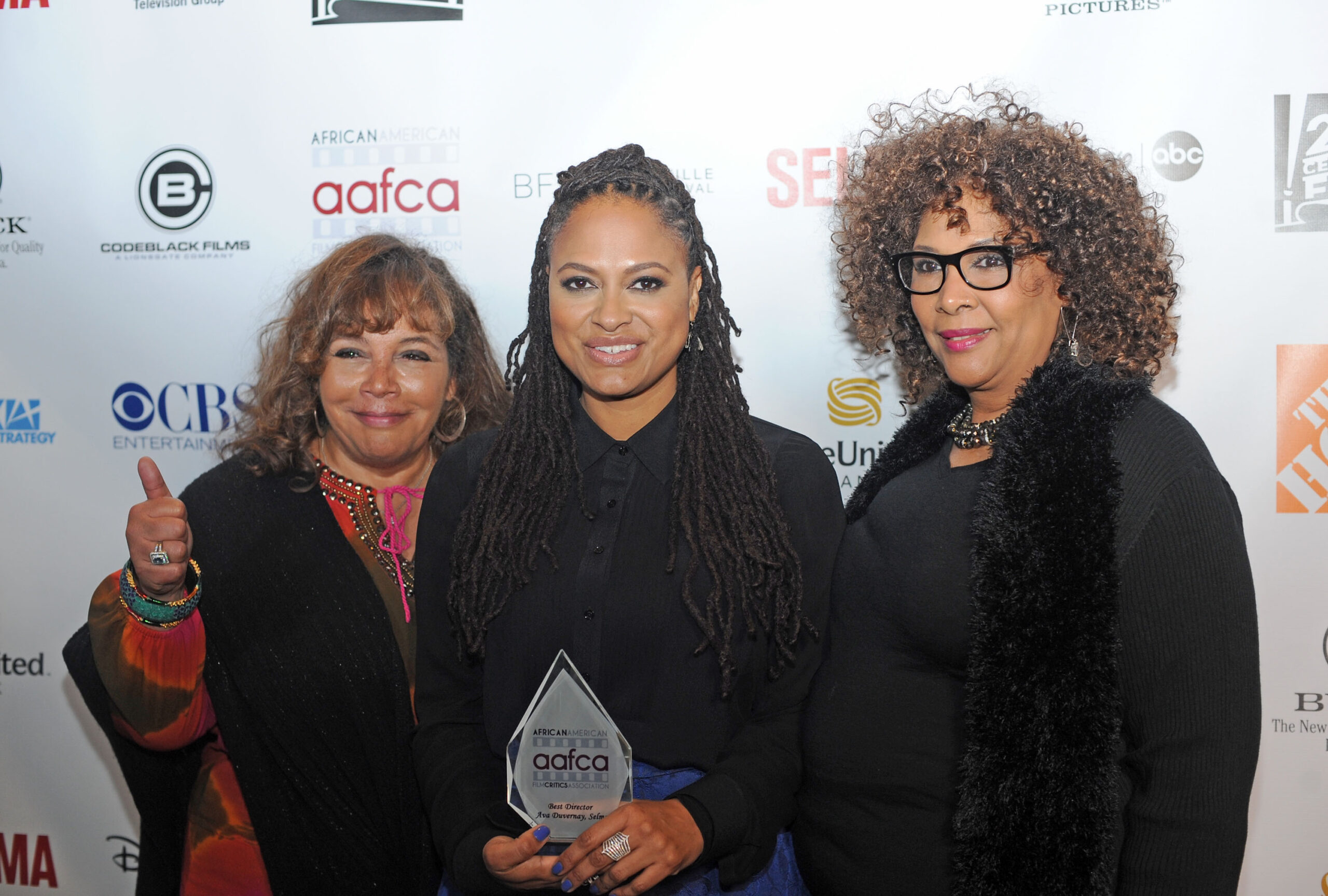Hollywood is lucky. Since its inception, Black talent has shaped the industry. Black women directors, in particular, have been key in telling nuanced, powerful stories. Their work continues to shift culture, challenge norms, and inspire new generations. Yet, they often don’t receive the recognition they deserve.
Despite facing systemic barriers in the industry, Black women continue to break ground behind the camera. From emotional family dramas to action-packed blockbusters, these directors are telling stories that reflect the fullness of Black life. They embrace joy, resilience, and complexity. Before heading to the theater to catch the next hit, take a moment to celebrate these incredible storytellers.
A.V. Rockwell
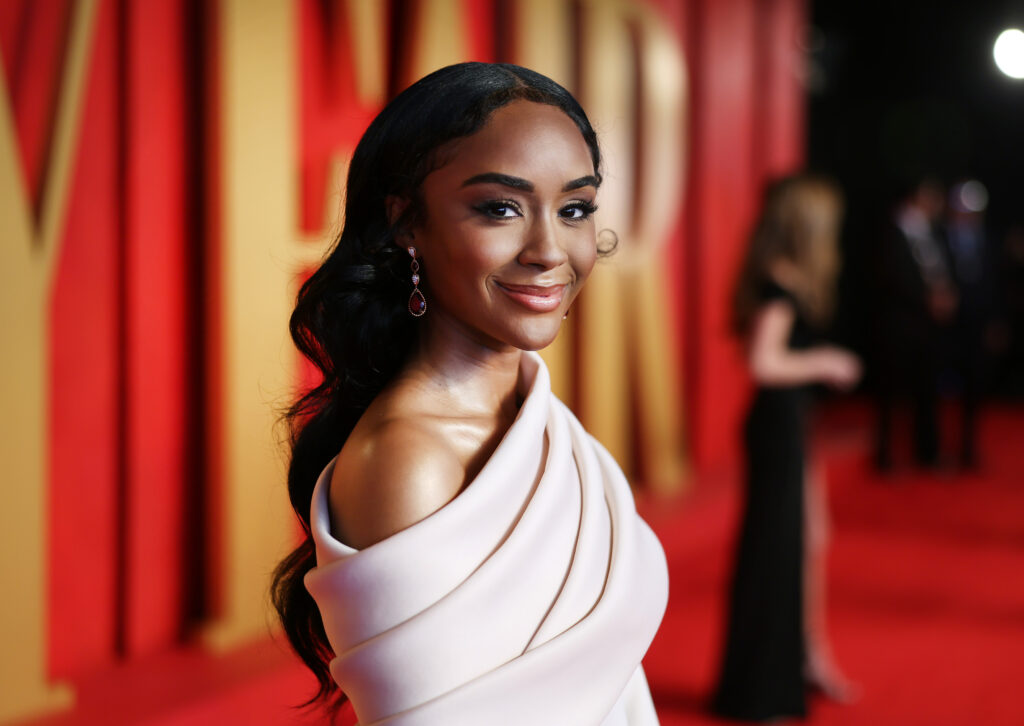
A.V. Rockwell, a Queens native and NYU Tisch alum, burst onto the scene with her debut feature film, “A Thousand and One” (2023), starring Teyana Taylor. The film earned her the Dramatic Grand Jury Prize at Sundance and the Independent Spirit Award for Best First Feature. Rockwell’s voice is rooted in community, and her earlier works, including the shorts “Feathers” and “The Gospel,” showcase her talent for weaving intimate stories with social commentary.
Ava DuVernay
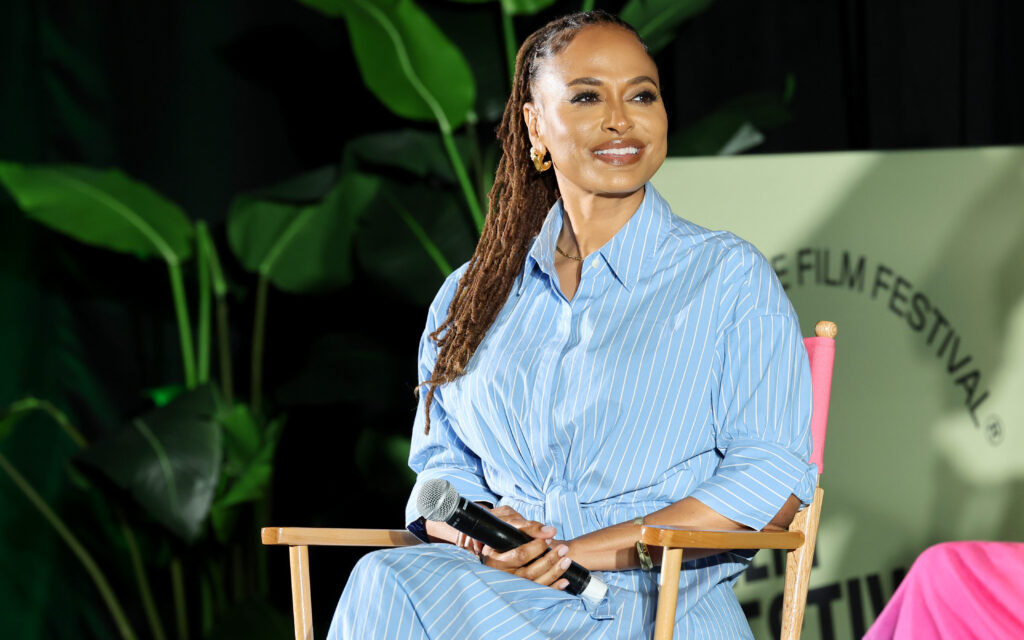
Ava DuVernay is one of the most celebrated directors of our time. In 2012, she became the first Black woman to win the U.S. Dramatic Directing Award at Sundance. Her 2014 film “Selma” chronicled Martin Luther King Jr.’s historic march. In 2018, DuVernay made history again as the first Black woman to direct a $100 million film with “A Wrinkle in Time.” Her Netflix series “When They See Us” and documentary “13th” powerfully explore systemic racism, cementing her as a transformative voice in Hollywood.
Nia DaCosta
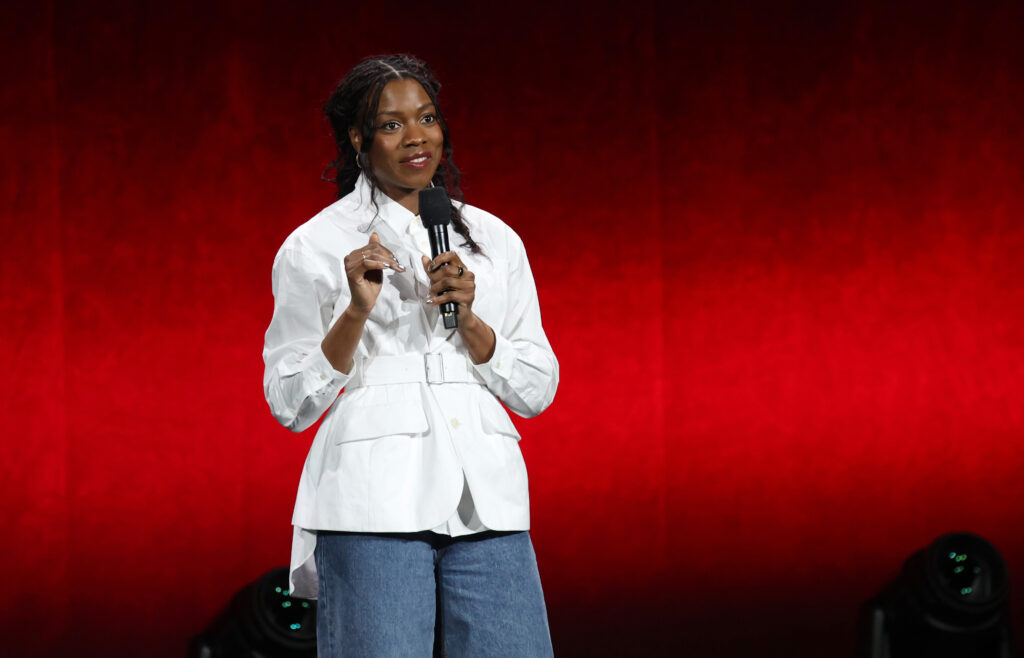
Nia DaCosta made her feature debut with “Little Woods” (2018), starring Tessa Thompson. She gained mainstream acclaim with “Candyman” (2021), becoming the first Black woman to have a film open at No. 1 at the U.S. box office. In 2023, she directed “The Marvels,” becoming the first Black woman to helm a Marvel Cinematic Universe film — a major feat in a traditionally white male-dominated franchise.
Gina Prince-Bythewood
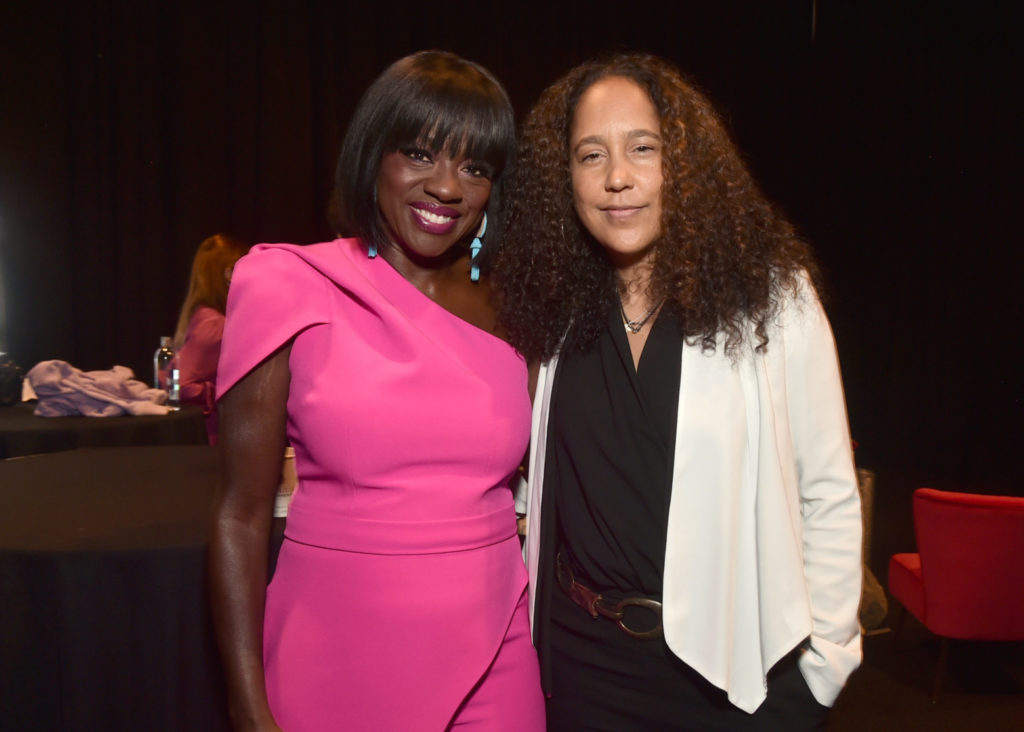
Gina Prince-Bythewood began her directing career with the iconic “Love & Basketball” (2000). Known for blending romance with real-life emotion, she’s also directed “The Secret Life of Bees” (2008), “Beyond the Lights” (2014), and the action thriller “The Old Guard” (2020). Her 2022 historical epic “The Woman King,” starring Viola Davis, further solidified her range and power in cinematic storytelling.
Kasi Lemmons
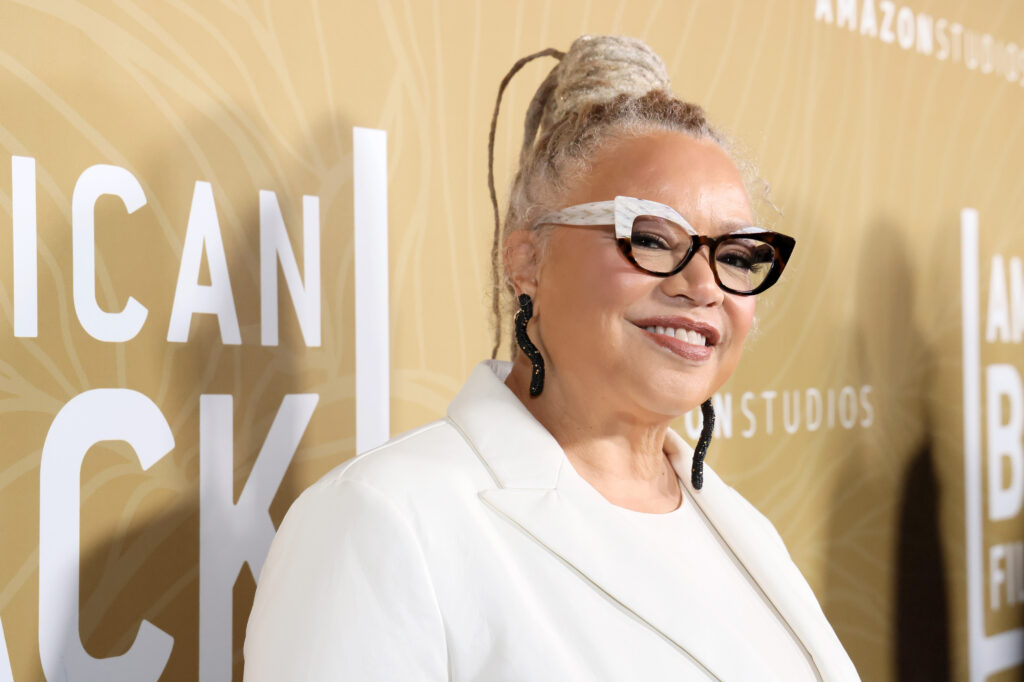
Kasi Lemmons made her mark with “Eve’s Bayou” (1997), a hauntingly beautiful Southern Gothic film starring a young Jurnee Smollett. Since then, she’s directed “Talk to Me” (2007), “Black Nativity” (2013), and “Harriet” (2019), which told the story of Harriet Tubman. In 2022, she brought Whitney Houston’s story to life in “I Wanna Dance with Somebody.”
Dee Rees
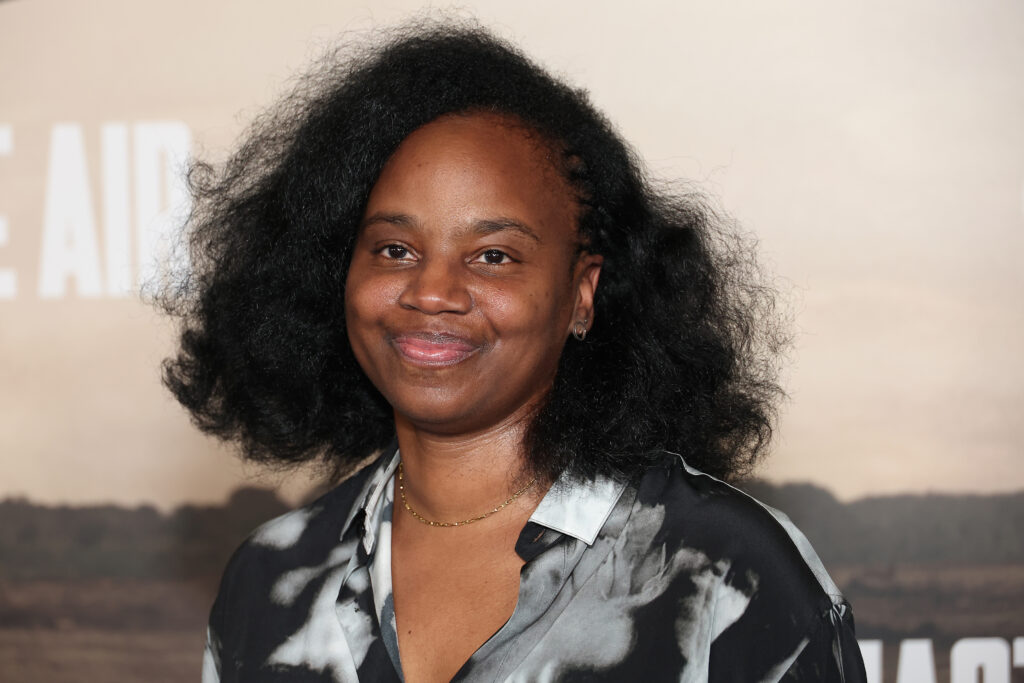
Dee Rees is known for her bold storytelling. Her debut, “Pariah” (2011), is a coming-of-age tale that resonated deeply with queer audiences. She followed that with “Bessie” (2015), a biopic about blues legend Bessie Smith, and “Mudbound” (2017), a World War II-era drama that earned her an Oscar nomination for Best Adapted Screenplay — the first Black woman ever nominated in that category.
Chinonye Chukwu
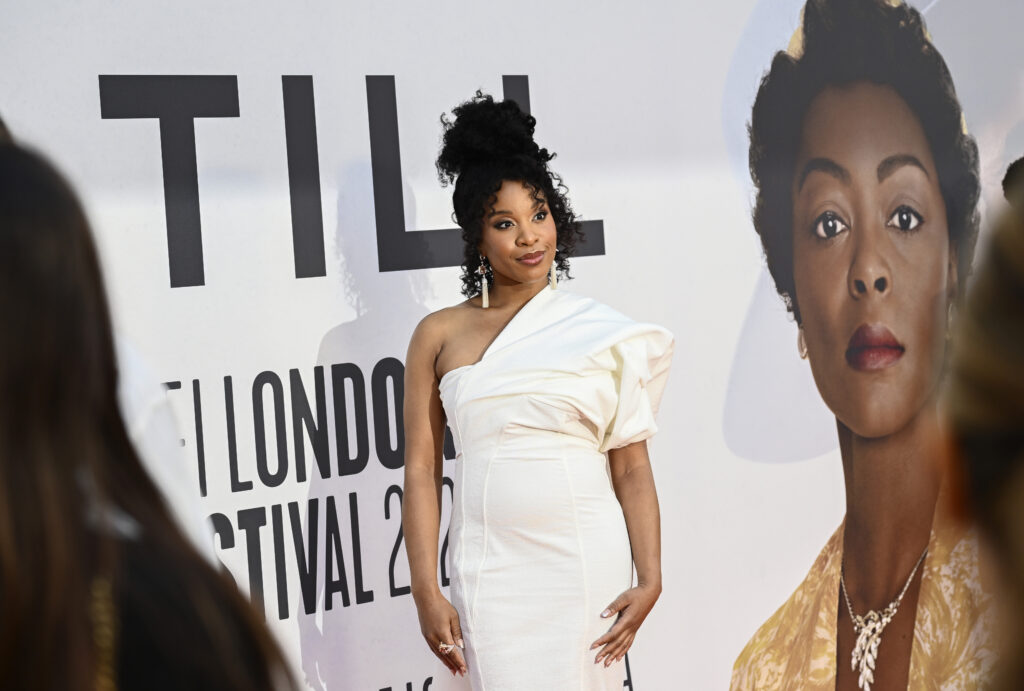
Chinonye Chukwu is a Nigerian American filmmaker who made history at Sundance in 2019 as the first Black woman to win the U.S. Dramatic Grand Jury Prize. Her film “Clemency” explored the emotional toll of capital punishment. In 2022, she directed “Till,” which spotlighted Mamie Till-Mobley’s courageous fight for justice after the murder of her son Emmett Till.
“We live in a world and work in industries that are so aggressively committed to upholding whiteness and perpetuating an unabashed misogyny towards Black women,” part of Chukwu’s caption read on Instagram that same year.
Chukwu’s powerful voice challenges systems of injustice and centers Black women in their full humanity.
Zeinabu irene Davis
Zeinabu irene Davis is a trailblazer in independent cinema. Born in Philadelphia, she earned her M.F.A. at UCLA and has long focused on the lives of African American women. Her short film “Cycles” won major awards and addressed issues of fertility and spiritual connection. Her 1999 feature “Compensation” features a love story told in two eras using Black American Sign Language. It recently saw a resurgence in popularity, reminding audiences of her visionary storytelling.
Neema Barnette
Neema Barnette broke barriers as the first Black woman to direct a primetime sitcom. With a career spanning decades, she’s helmed episodes of “The Cosby Show,” “A Different World,” “Being Mary Jane,” and more. She also made history as the first Black woman to sign a three-picture deal with Sony. Barnette’s 2002 film “Civil Brand” critiques the prison-industrial complex, and her impact on television remains unmatched
Julie Dash
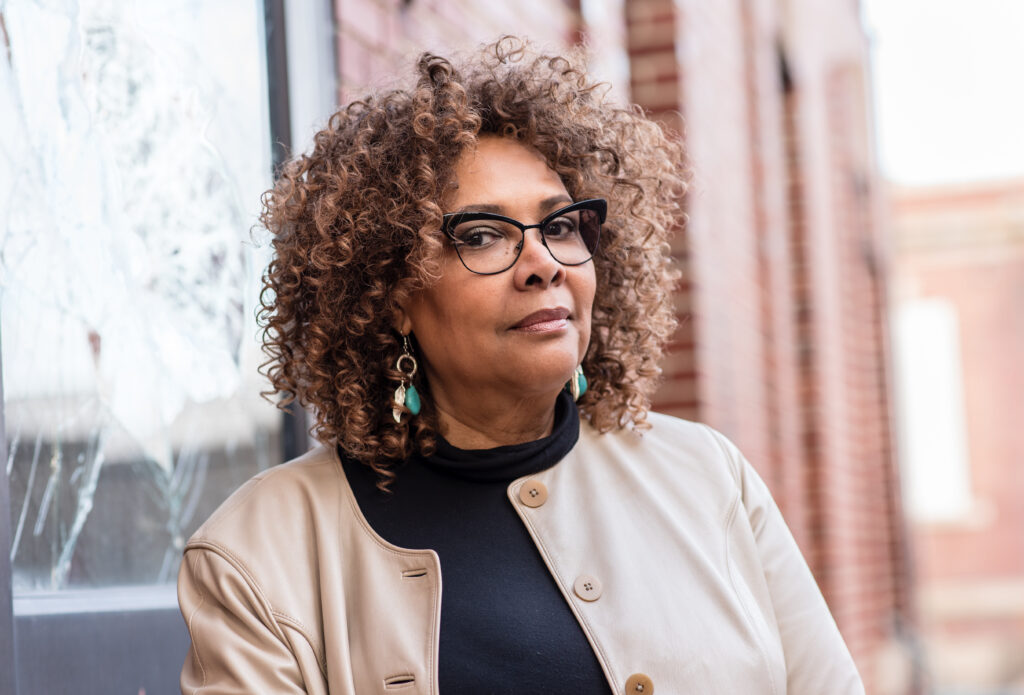
Julie Dash made cinematic history with her groundbreaking film “Daughters of the Dust” (1991), the first feature film by a Black woman to receive a general theatrical release in the U.S. Set in the early 1900s, the film explores the lives of Gullah women and their matriarchal traditions. Dash’s poetic visuals and cultural depth set a new standard for independent Black cinema. “Daughters of the Dust” later influenced artists like Beyoncé, whose “Lemonade” visuals pay homage to Dash’s work. Though under appreciated by Hollywood, Dash has remained a pioneer, inspiring generations of filmmakers through teaching and independent work.
